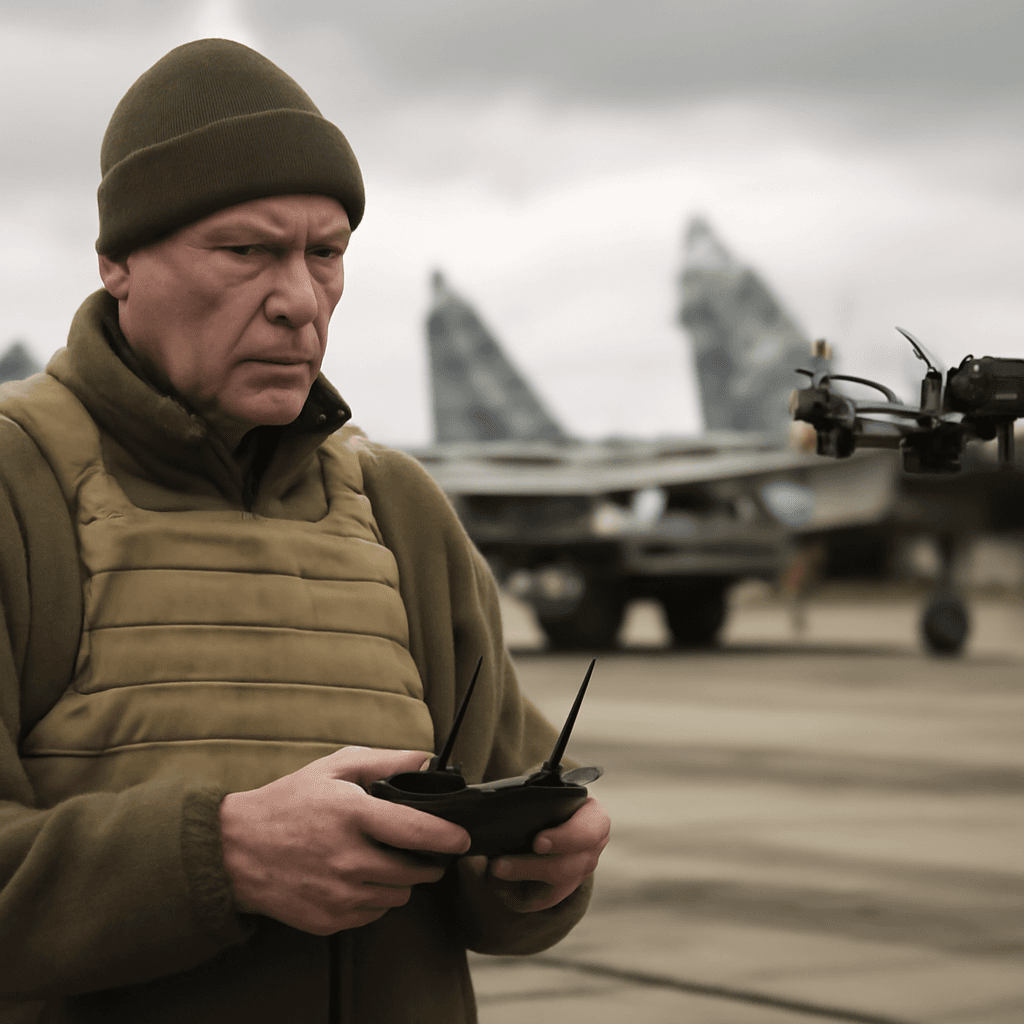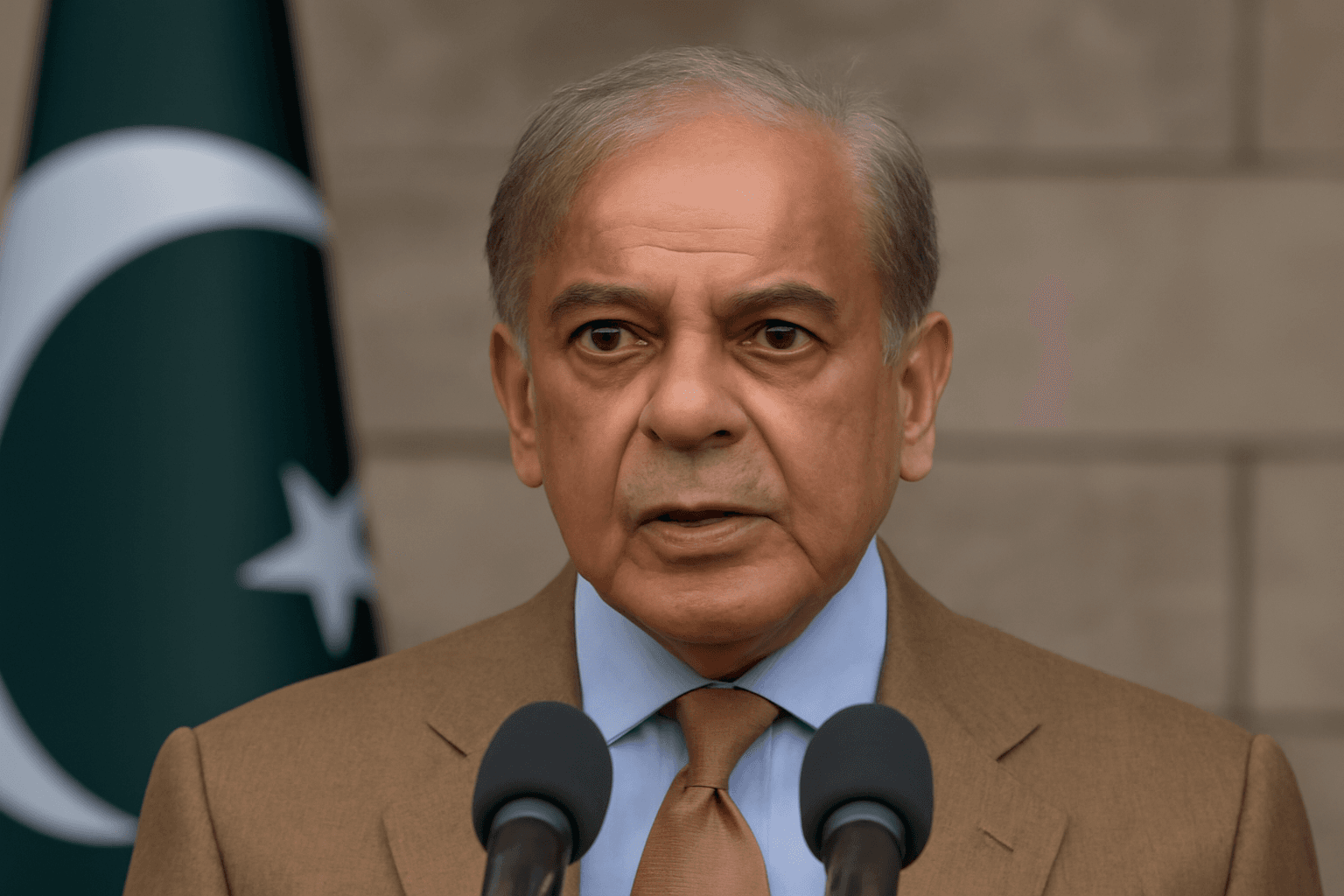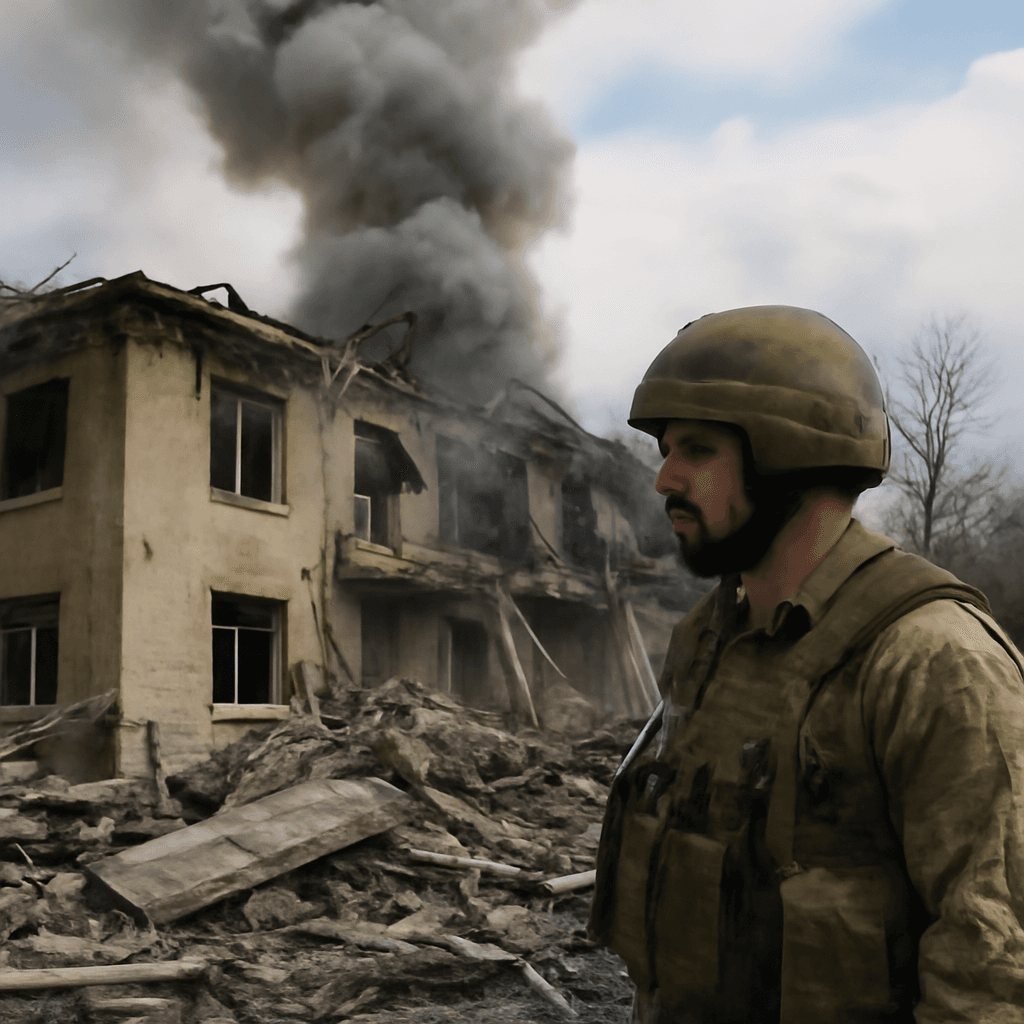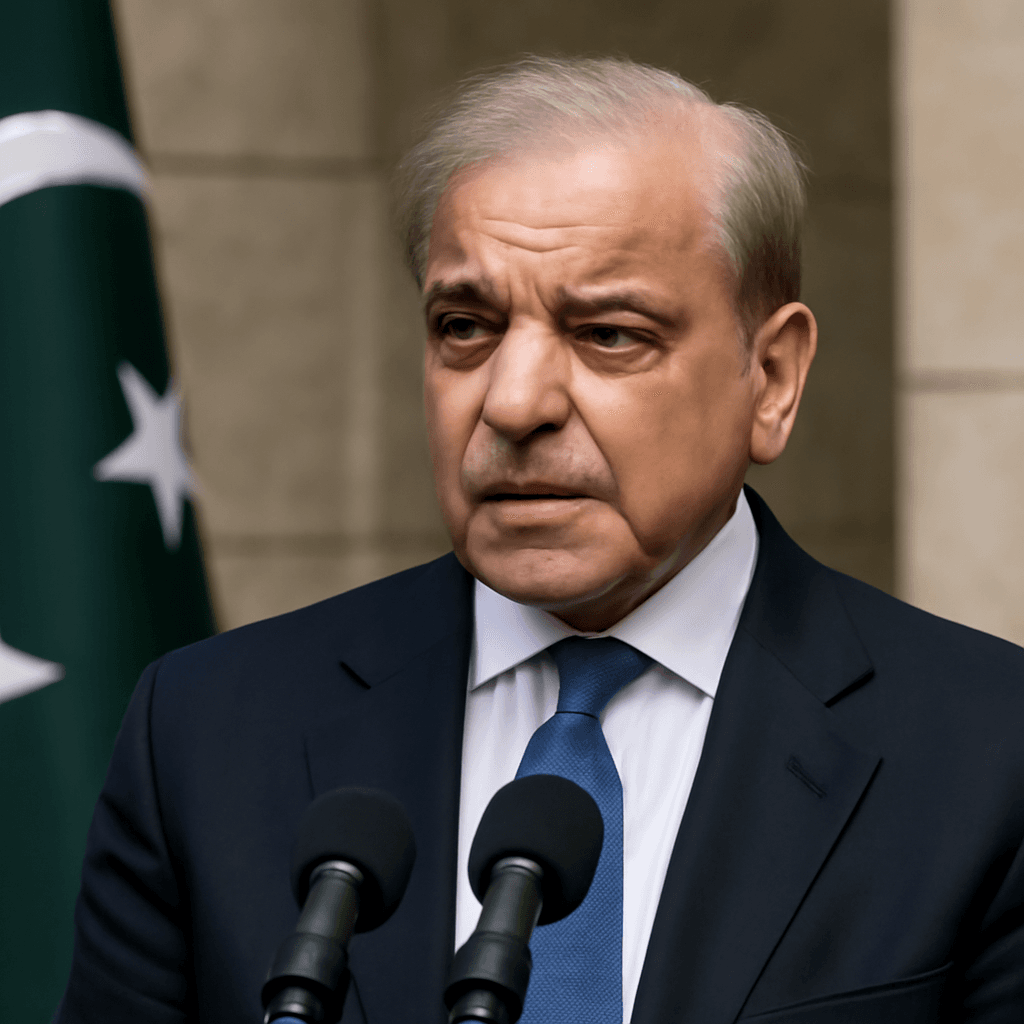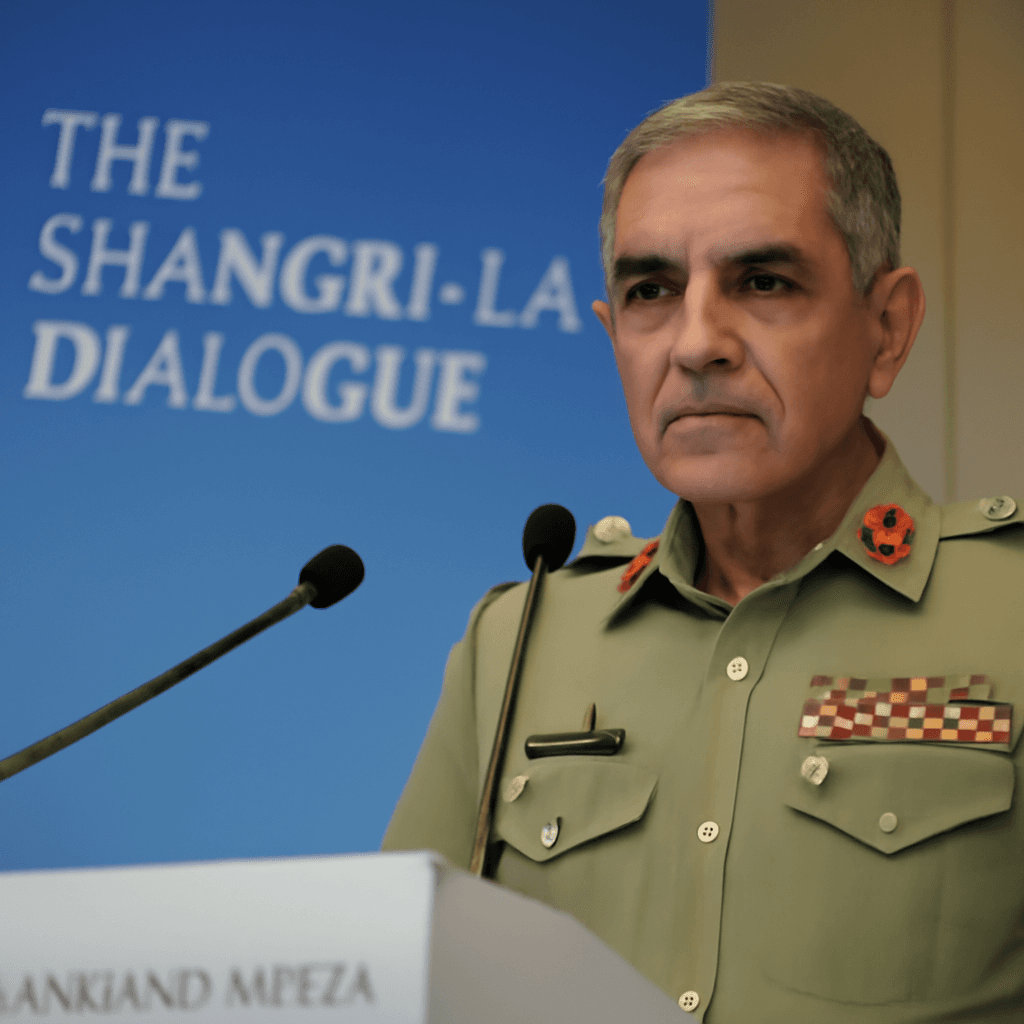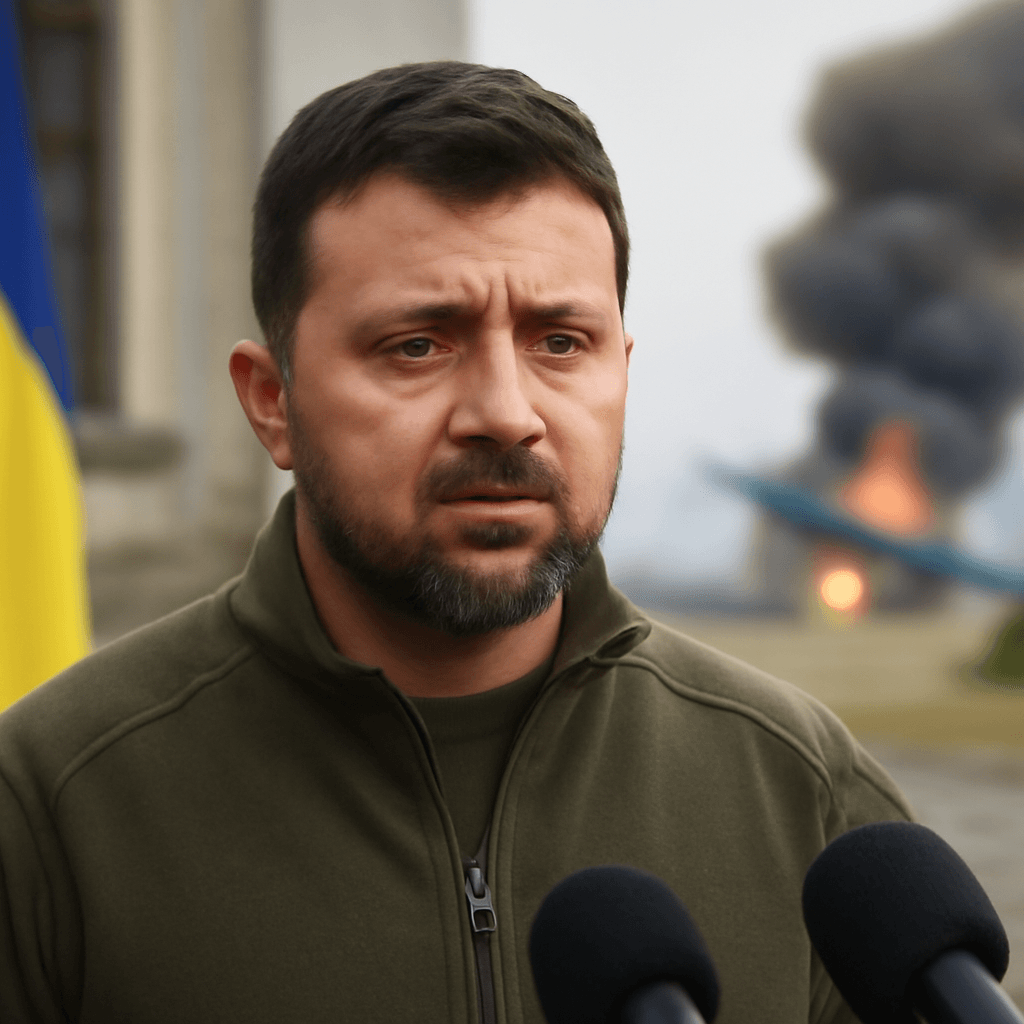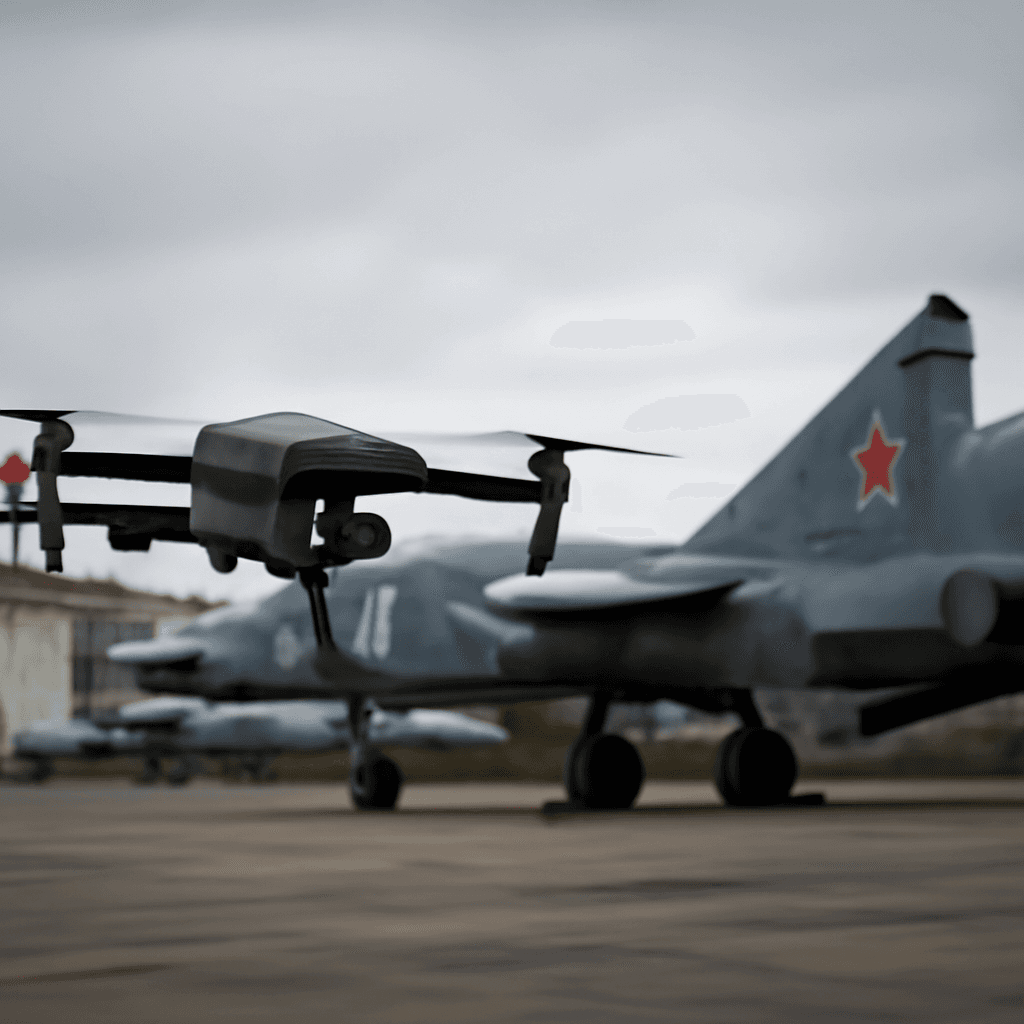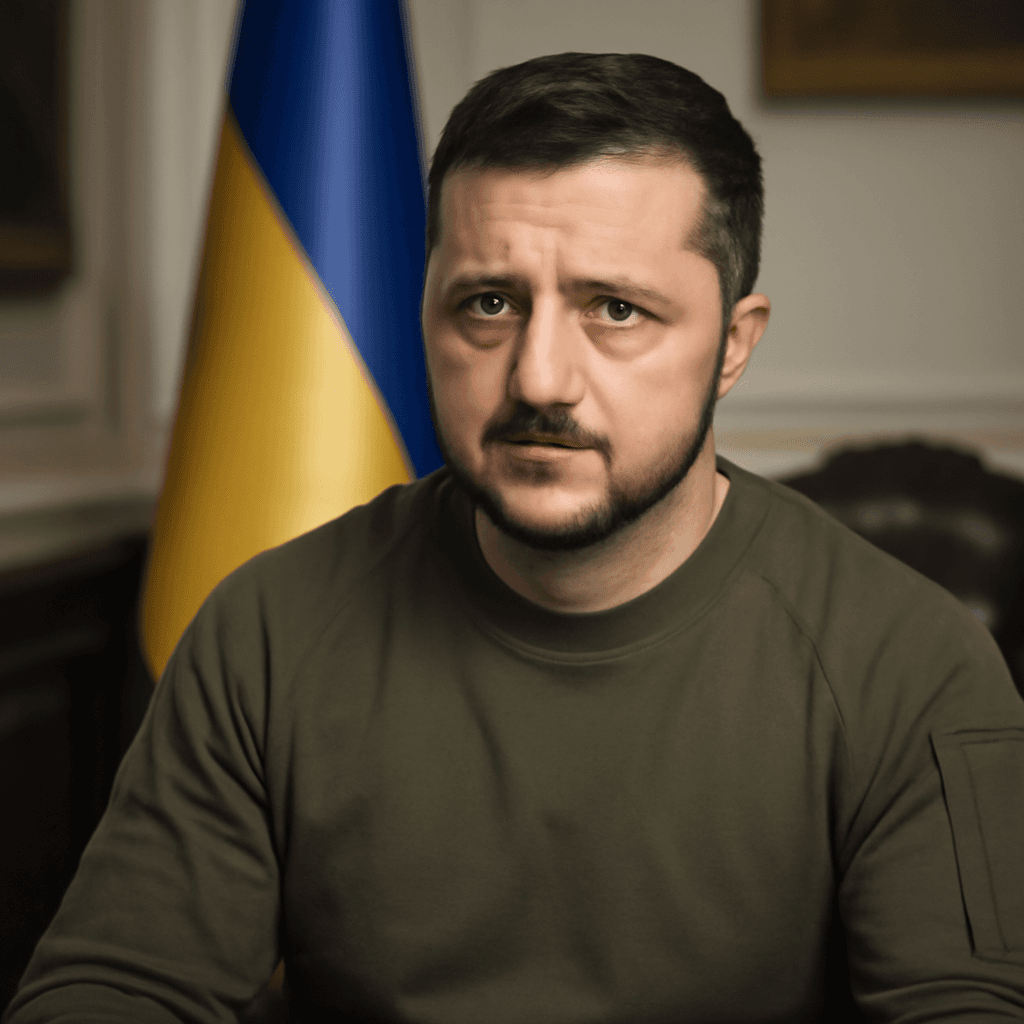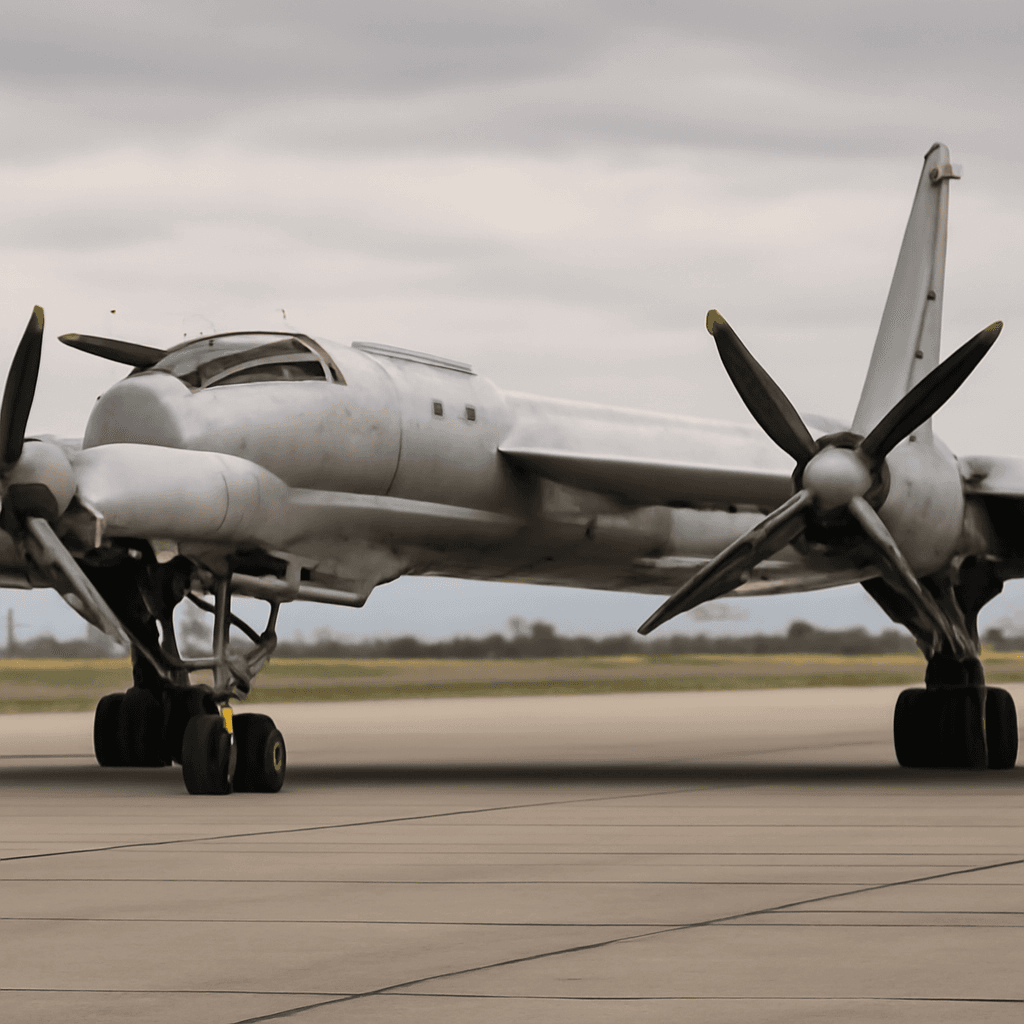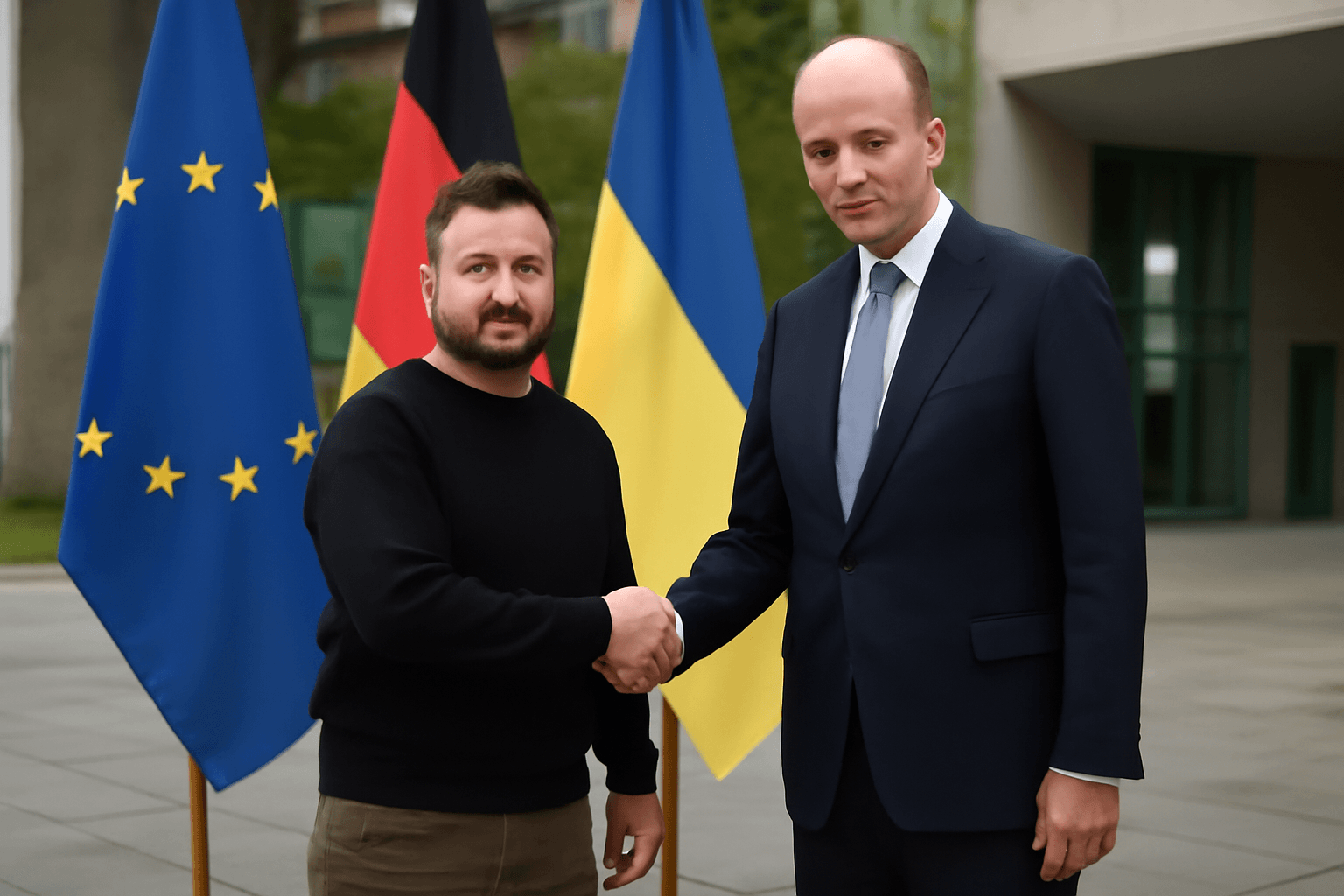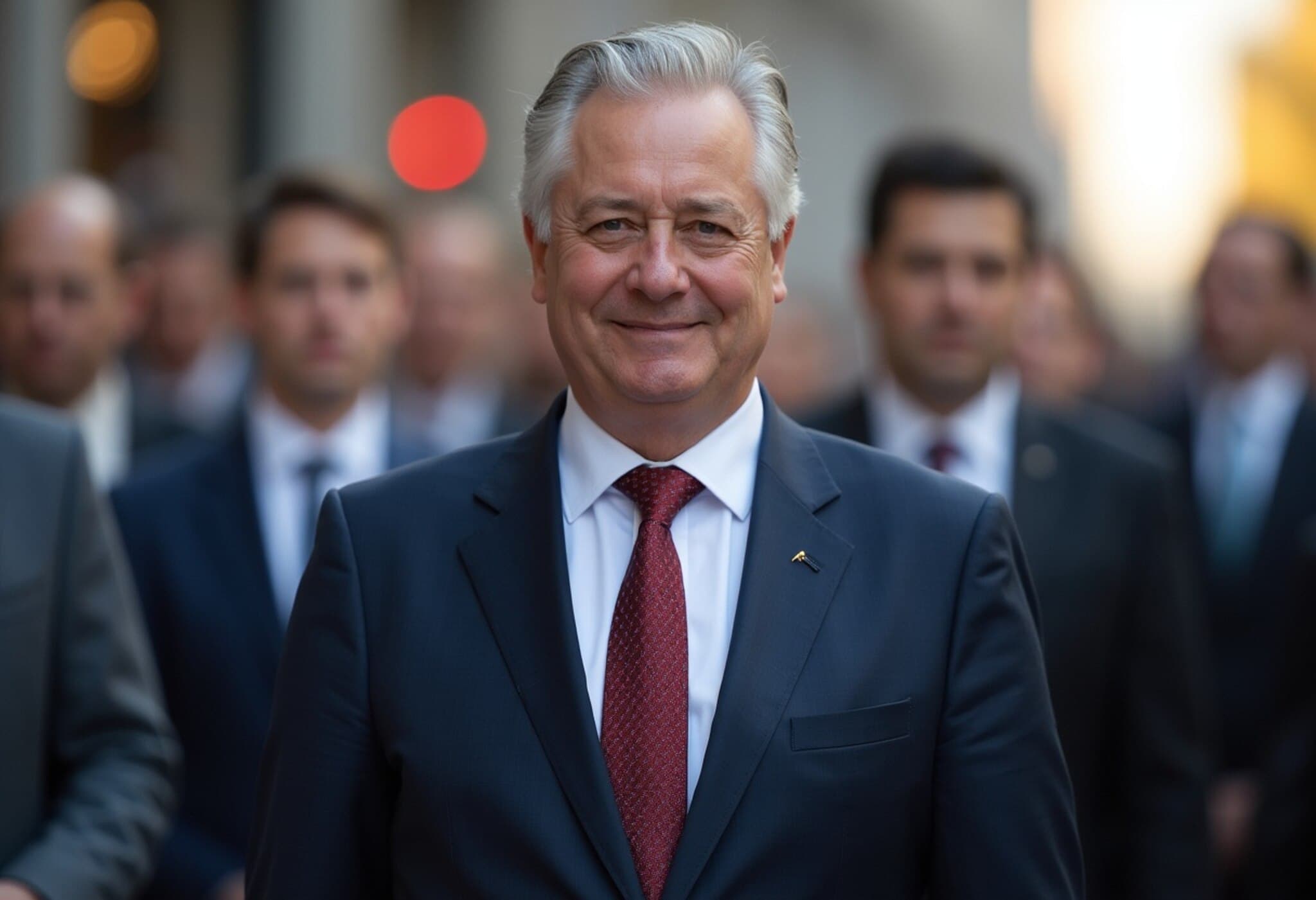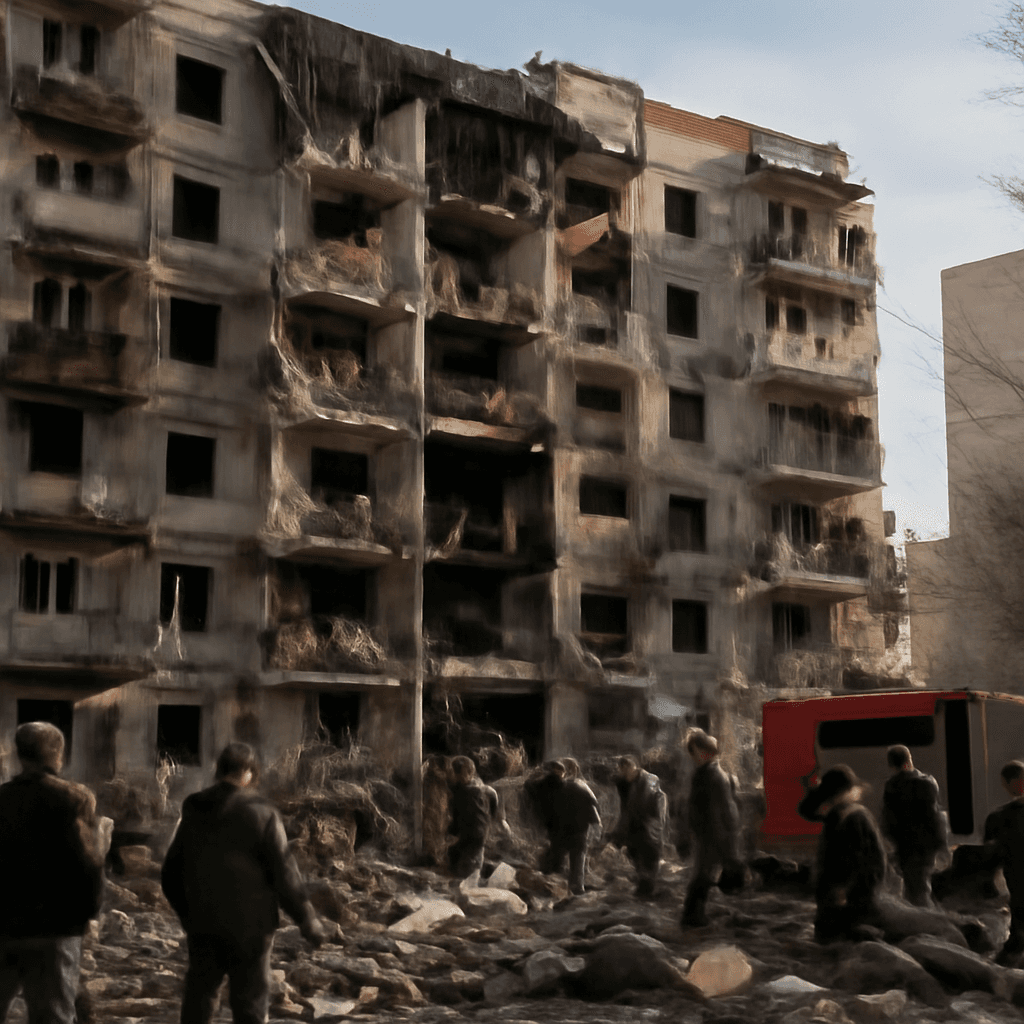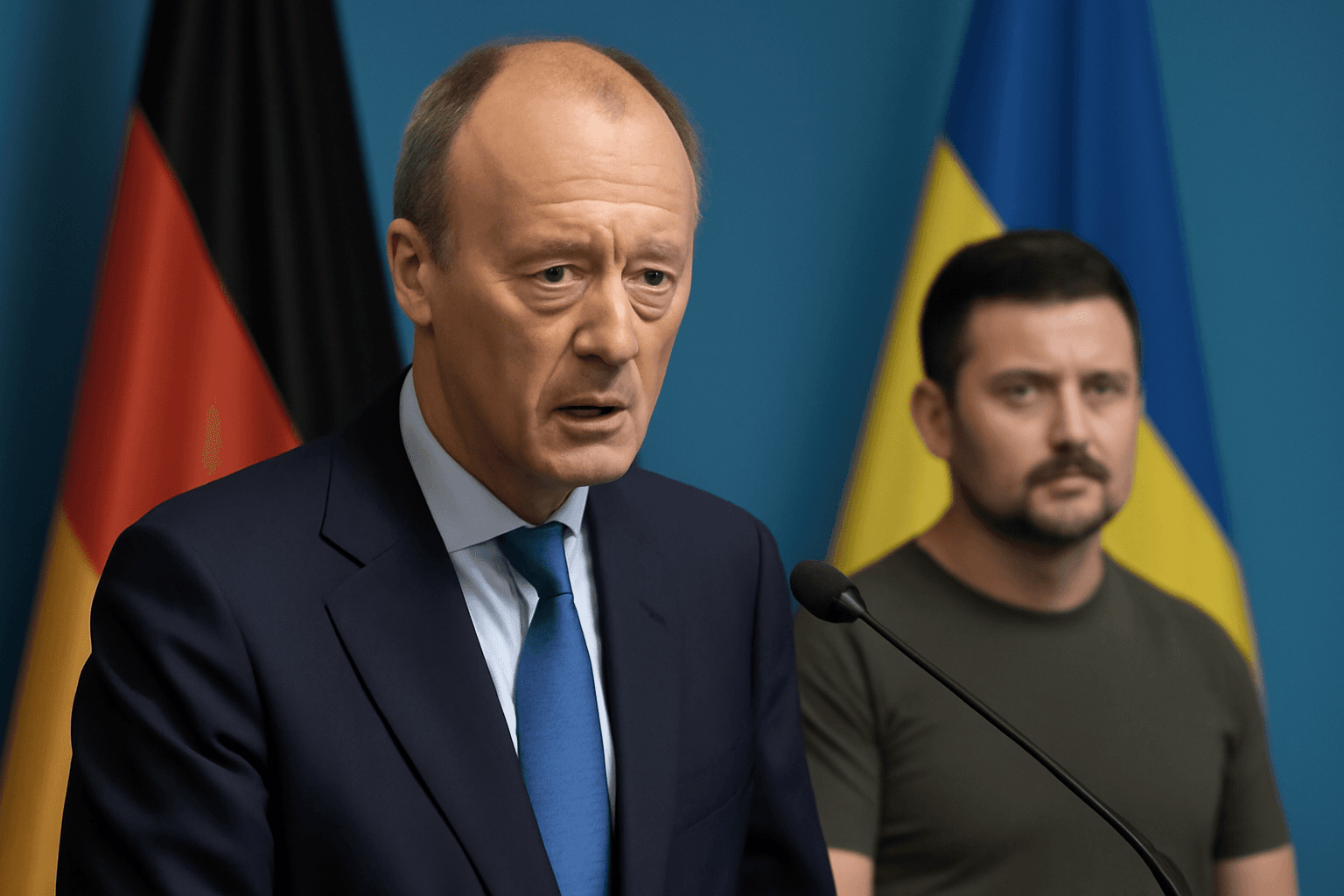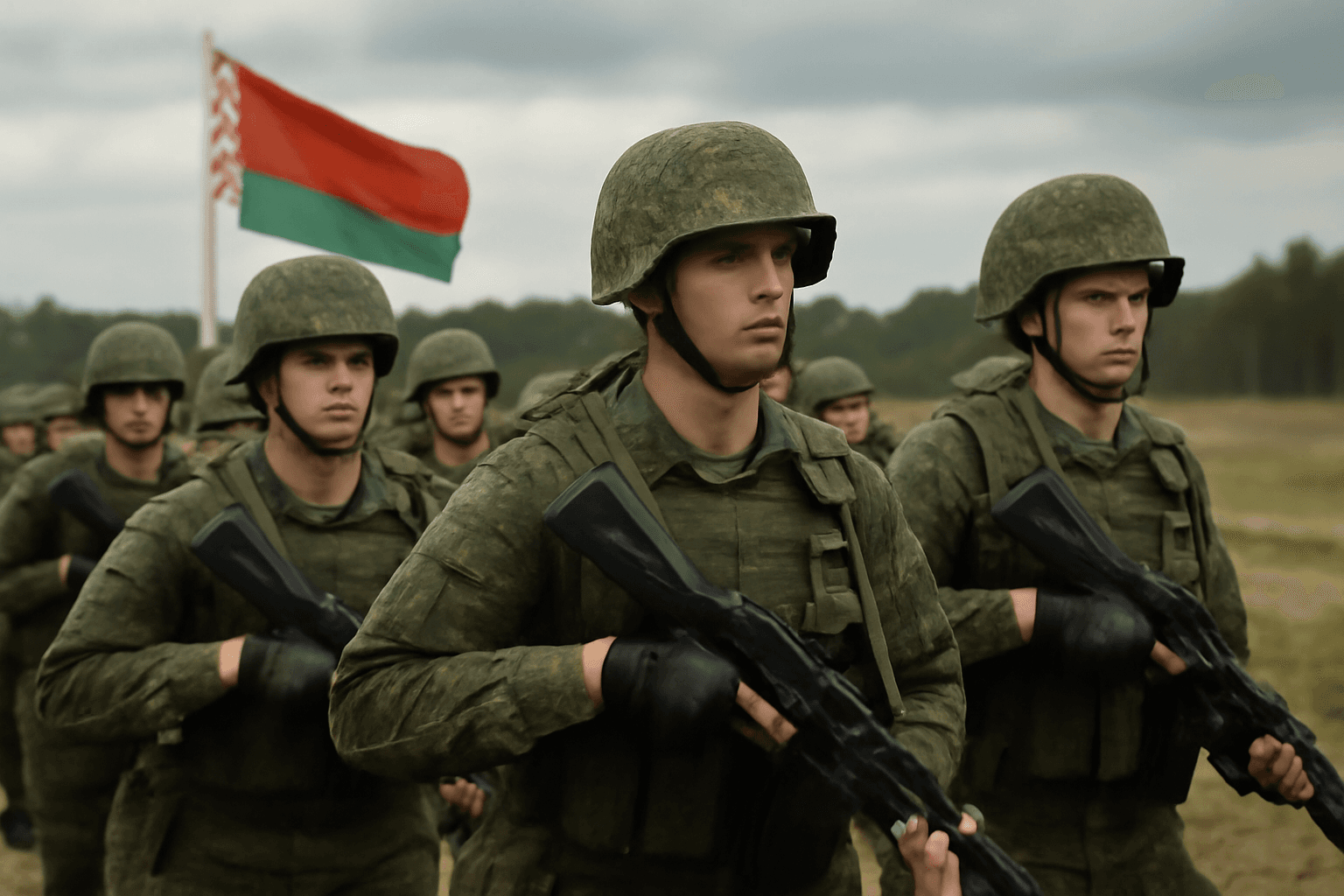Operation Spider Web Marks a Strategic Shift in Ukraine-Russia Conflict
Operation Spider Web has emerged as a turning point in the ongoing conflict between Ukraine and Russia, significantly enhancing Ukraine's position at the negotiation table. With a daring drone campaign targeting Russian military assets across the country, Ukraine has projected resilience and strategic innovation, challenging the perception of Russian invincibility.
Details of the Drone Assault
In an unprecedented and audacious operation involving 117 drones, Ukraine targeted critical Russian military installations, including airbases hosting long-range, nuclear-capable bombers and airborne early warning and control systems located as far as Siberia. This operation resulted in the destruction of nearly one-third of Russia's strategic bomber fleet and a substantial portion of its airborne command assets.
- 117 drones participated in the coordinated strikes.
- Approximately one-third of Russia's nuclear-capable bombers were destroyed.
- A significant portion of the Airborne Early Warning and Control (AEWAC) fleet was also targeted.
Impact on the Battlefield and Strategic Dynamics
The operation delivered a strong message that the war remains far from decided, with Ukraine showcasing its ability to wage effective asymmetric warfare despite Russia’s conventional superiority. Since January 2024, Russian territorial gains in Ukraine have been minimal, amounting to just about 1% of Ukrainian territory, highlighting the stalemate on the ground.
Ukraine’s innovative use of drone technology compensates for its relatively smaller military size and has caused disproportionate losses to Russian forces, weakening Russia's operational capabilities and morale.
Challenging the Myth of Russian Invincibility
The drone strikes have punctured the image of an unstoppable Russian military and challenged the narrative of an imminent Russian victory, dispelling claims supported by Russian propaganda and external observers. Ukraine’s success in targeting high-value Russian military assets emphasizes its adaptability and resolve.
Russian losses extend beyond aircraft to include substantial damage to its Black Sea fleet and the assassination of several high-ranking military officers, undermining Russian leadership and strategic effectiveness.
Strategic Gains for Ukraine at the Negotiation Table
Beyond the immediate military impact, Operation Spider Web has fortified Ukraine's negotiating position. The recent military successes provide Ukraine with stronger leverage, enabling it to seek more favorable terms and security guarantees in ongoing peace talks.
Key implications include:
- Enhanced bargaining power in diplomatic negotiations.
- Rejection of peace deals recognizing recent Russian territorial acquisitions.
- Potential for international security guarantees and a roadmap for political stability and reconstruction.
Russia’s Challenges and International Ramifications
The conflict has imposed substantial costs on Russia, which now depends increasingly on allies such as China, signaling a shift in global power dynamics and Russia’s diminished regional control. These setbacks have also impacted Russia’s leverage in negotiations.
Despite threats of nuclear retaliation and intensified offensives, international consensus and strategic deterrence measures suggest such scenarios remain unlikely, given prohibitive political and diplomatic costs.
Looking Ahead: The Path Forward
The current status reflects a prolonged stalemate, with neither side possessing a decisive upper hand. Future developments will depend heavily on internal dynamics within Russia, NATO’s defense readiness, and continued innovation in asymmetrical warfare tactics by Ukraine.
While Russia maintains verbal commitments to retaliation, practical limitations and strategic calculations suggest restrained military escalation in the near term.
Conclusion
Operation Spider Web represents a significant tactical and symbolic victory for Ukraine, reshaping the military and diplomatic landscape of the conflict. By effectively leveraging drone technology, Ukraine has not only inflicted substantial damage on Russian forces but also positioned itself strongly for future negotiations, underscoring the evolving nature of modern warfare and geopolitics.


